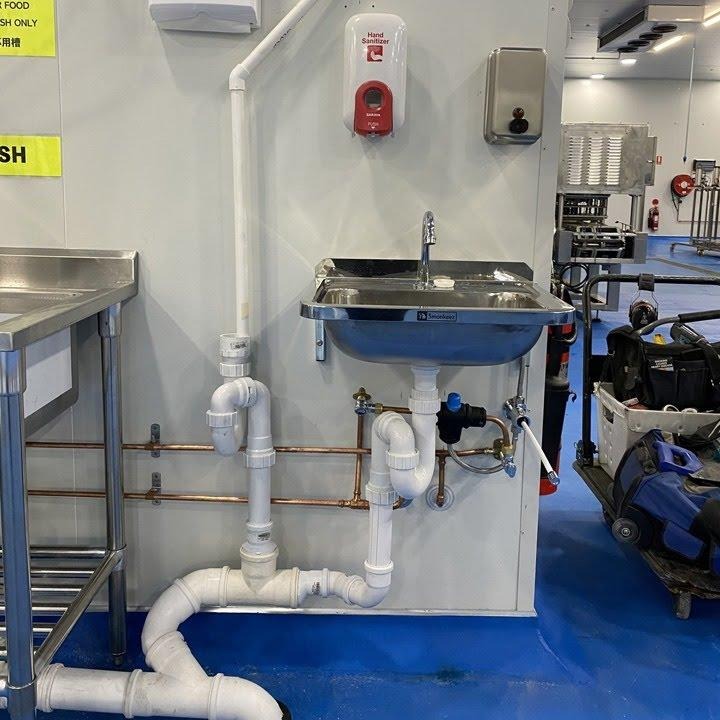Buying a home is one of the biggest decisions you will make in your life. It's not just a financial commitment. It's also an emotional one.
While it can be exciting, the process can also feel overwhelming if you don't have the right plan in place. That's why it's important to take the time to prepare before you start looking for homes. By following a clear plan, you can make the journey smoother and more enjoyable.
Continue reading to get the complete picture.
To make a smart decision, you need to understand the key things that matter most during the home-buying process. Here are some.
This includes thinking about how much you can afford in monthly mortgage payments, as well as other costs like taxes, insurance, and repairs. Having a strong grip on your finances helps you stay in control.
Think about where you want to live, not just today but for years to come. A neighborhood that seems perfect now might not be the right fit in the future. Look into things like school quality, traffic, nearby parks, stores, and commute times.
If you're hoping to find your dream home in Oceanside, for example, take the time to explore different areas and see which ones truly match your lifestyle and long-term needs.
It's also important to check the condition of any home you're thinking of buying. Older homes or properties that haven't been well-maintained might require costly repairs.
A home inspection can uncover issues before you commit. Knowing the age of the roof, plumbing, and heating system can help you plan better.
Make sure the home has enough space for your family, now and in the future. Think about the number of bedrooms and bathrooms, as well as how the rooms are arranged. A well-designed layout makes daily life easier and more comfortable.
As you explore different homes, you'll want to ask the right questions to make sure you're making a smart choice. For example, it helps to know what the average utility costs are for the home. This gives you a better idea of your total monthly expenses.
It's also good to ask how long the property has been on the market. A home that's been sitting for a while might be overpriced or have issues you need to know about.
Be sure to ask if there are any known repairs needed. Sellers are required to share this information, but it's always wise to ask directly.
Another helpful question is whether any new developments are planned nearby. New roads, shopping centers, or apartment buildings can change the feel of a neighborhood, and they may affect the home's value in the future.
Buying a home should be a joyful experience, not a stressful one. When you take the time to create a home-buying checklist and follow it step by step, you can move forward with confidence.
Knowing your budget, asking the right questions, and doing research will help you avoid common problems and lead you to a home that truly fits your needs. Loved this post? Check out the rest of our blog for even more great content!
When evaluating a potential new home, it's crucial to consider the condition of the plumbing system. A thorough inspection can save you from unexpected repairs and expenses down the line. If you're buying a house in the area, hiring a professional plumber in Point Pleasant can provide peace of mind by ensuring that everything is in working order. They can identify any hidden issues that might not be immediately apparent, such as leaks or outdated piping, which could lead to costly repairs. This step is essential in making an informed decision and securing a home that meets your needs without unforeseen complications.




Want to add a comment?